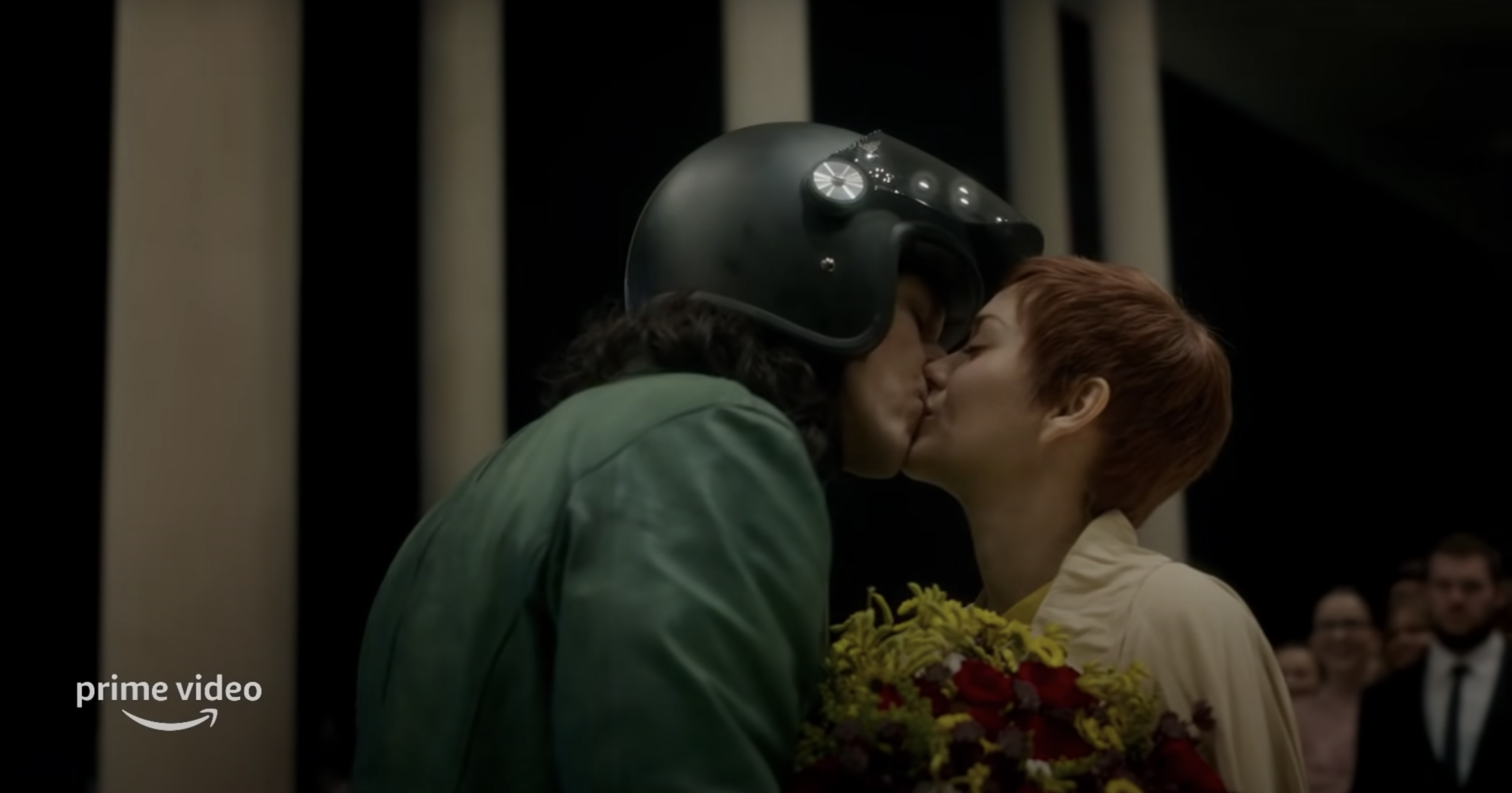Annette – musical irregularity, Adam Driver and complex narrative

Annette tells the tumultuous love story of two Los Angeles stars who must navigate the pitfalls of their relationship after having their first child and daughter, Annette. Both written and composed by the Sparks Brothers, Ron and Russel Mael, while being directed by Leos Carax, the film opened initially at the Cannes Film Festival on July 6 to great fanfare.
Henry McHenry, a volatile comedian, is played with exceptional attention to detail by Star Wars alum Adam Driver. Every moment spent on screen with Driver feels practically electric, as he portrays McHenry’s slow spiral into infamy. While it may at first be strange to see Driver in a leading male musical role, he navigates each song with ease and mixes well with Marion Cotillard’s sweet operatic tone.
Out of the tracks featuring Driver, the most notable is “You Used to Laugh.” In this expletive-ridden rant, McHenry rages against his audience. Driver’s voice is powerful, mixing musical elements and spoken dialogue with ferocity. While not initially appearing to be an earworm, the track’s beat will have you tapping your feet despite yourself.
In contrast to Driver’s foreboding presence, Cotillard’s Ann is a breath of fresh air. Her fragile and gentle portrayal of the soft-spoken Opera singer makes her an incredibly sympathetic character. Her chemistry with Driver is electric, all of their shared scenes sizzling with tension.
Last but not least is The Conductor, played with quiet intensity by Simon Helberg. He and Driver play well off of each other, simmering with unresolved angst as they each recognize their affection for Ann. His chemistry with Cotillard can’t be accurately reported as the two barely interact.
As a musical, Annette is an outlier. The score by the Sparks Brothers is masterful but lacks the replayability factor that most musicals hold. The vast majority of the tracks are unplayable outside of the context of the film. While the opening song “So May We Start” has the traditional ‘musical’ qualities, it will not age well.
Similarly, the plot of Annette is convoluted. While some will enjoy getting to question every aspect of the narrative and piece together the film’s mysteries, others will detest the lack of clarity and resent the film entirely. Many messages are present throughout the film and not all stick the landing. The ending of the film can seem bizarre, as a key aspect of Annette’s character changes without any clear reason.
Overall, this means that Annette can be called a devout cinephile’s dream — it has the indie and obscure messaging every film analyst will love piecing together. It’s the perfect film to discuss over a glass of wine after leaving the theatre — having lots to unpack.
On the other hand, casual cinemagoers will feel isolated by the oddities of the film. This is not a traditional musical and should not be treated as such by those questioning if they should see the film in theatres.
Knowing the realities of the film, it will be clear for each audience member if this is a film for them — if it isn’t, the film will also be available to watch on Amazon Prime as of Aug. 20.
However, as many local indie cinemas will be showing this film, it’s worth considering seeing the film in theatres. While you may not enjoy it, it will certainly promote conversation. More risks should be taken with musicals, and Annette is a step in the right direction.

